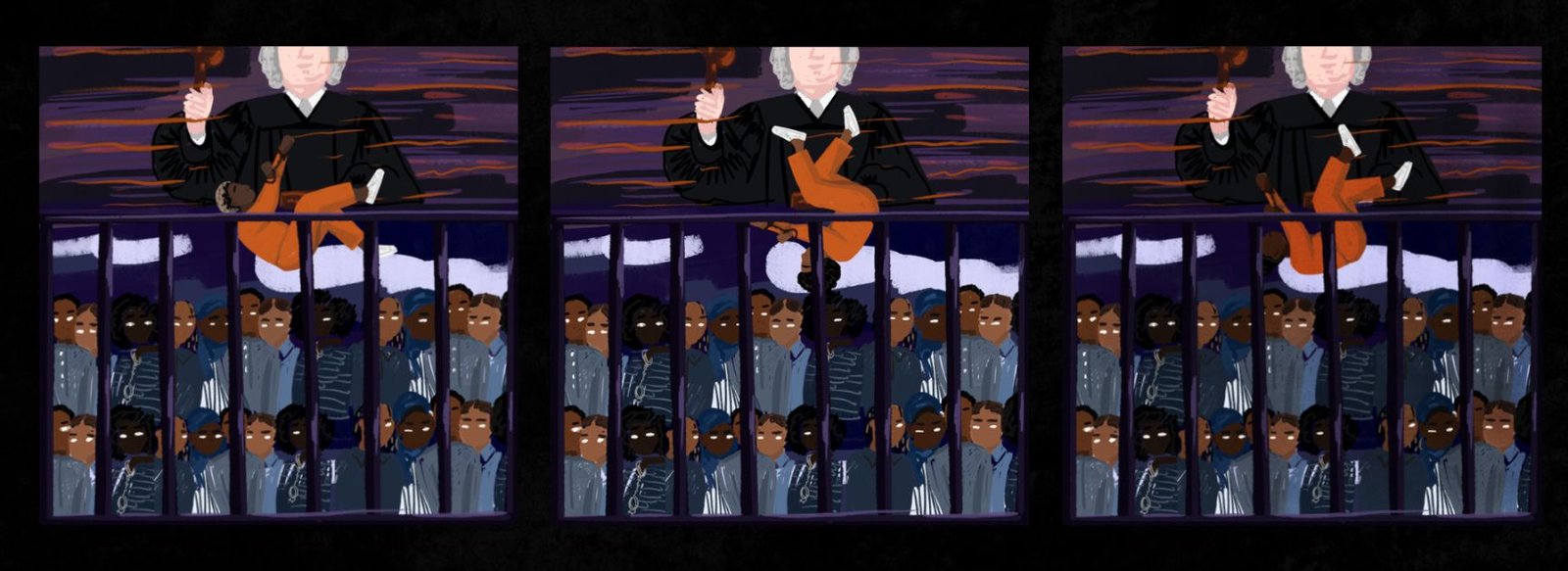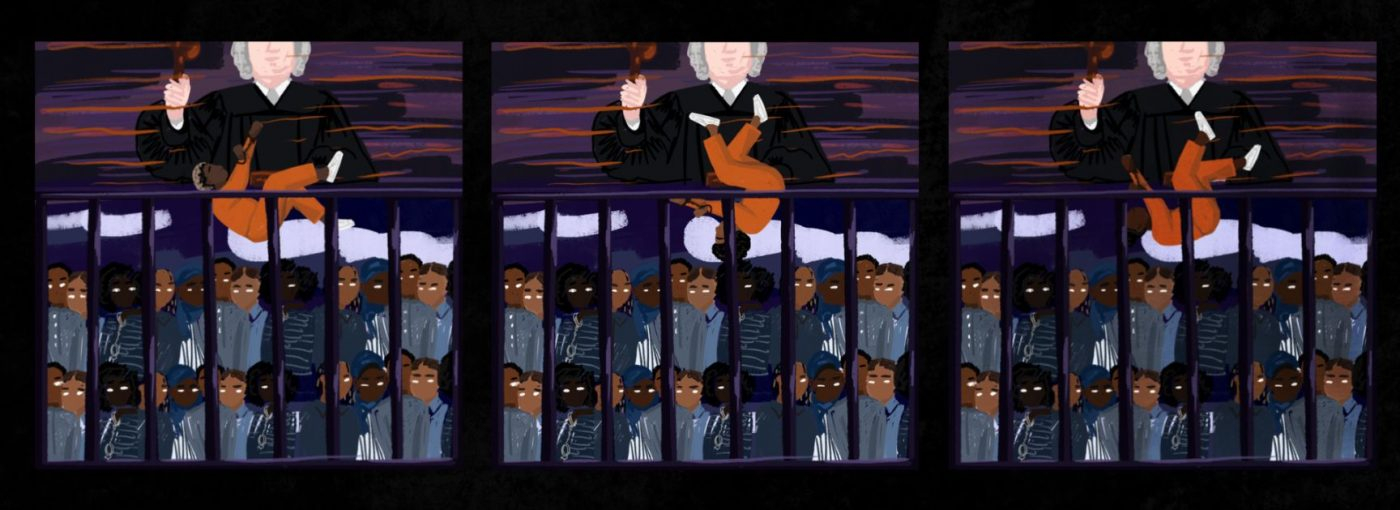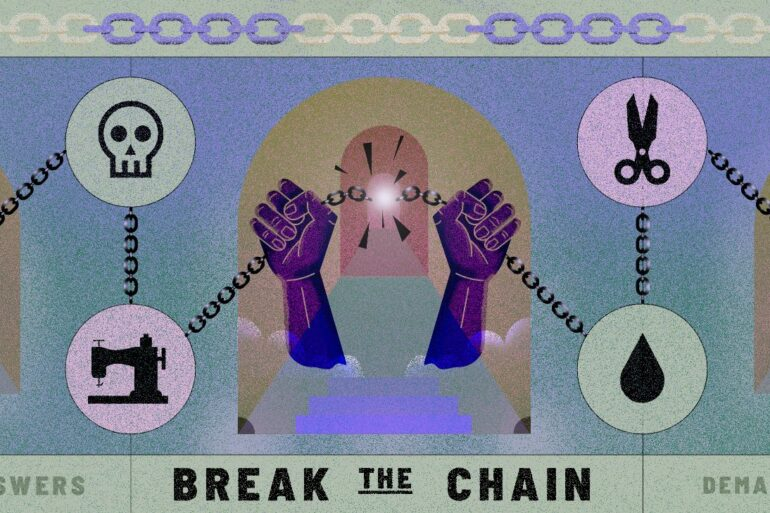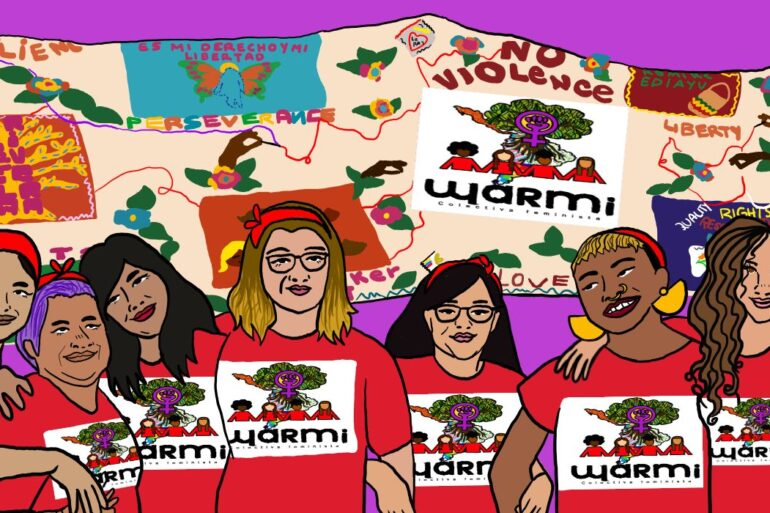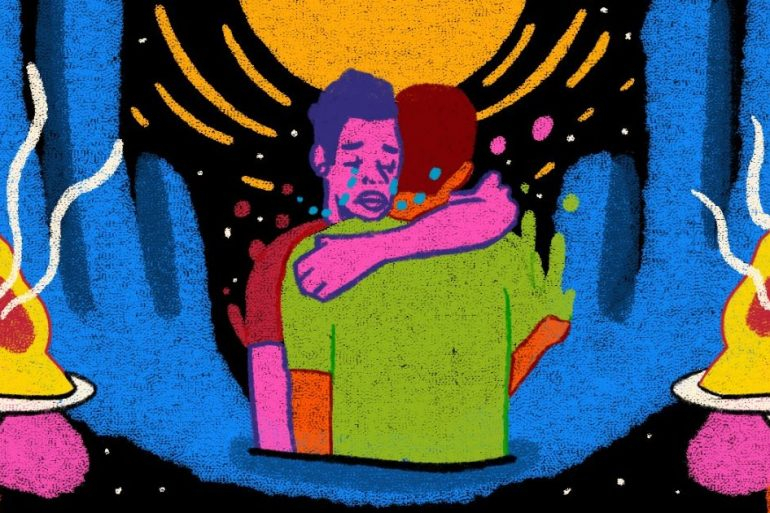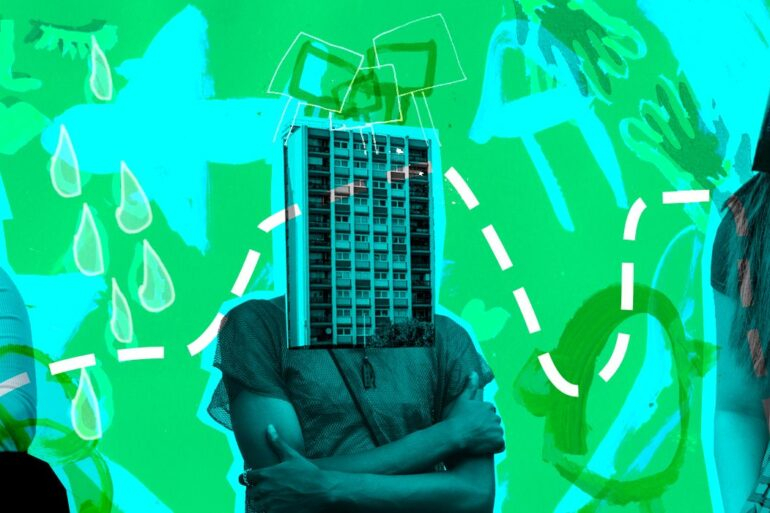“I’ve been in debt for ten years because of my conviction,” Cheryl said with the hardened frustration of someone who has seen and survived enough. “I’ve been operating in survival mode the whole time. I was so broke that I could barely afford to buy anything that wasn’t essential.”
Cheryl is a professional in her forties. She is also a Black woman with a criminal record. And like thousands of racially minoritised women with convictions, systemic racism across the criminal justice and employment landscapes that awaited her after she served her sentence means she now faces, in her own words, “the worst-case scenario”.
Since the increased rise of the Black Lives Matter movement last May, we have been more keenly aware of the harms of racism in policing and prisons. But what many aren’t aware of is how that same racism continues to affect people long after their sentences end. For racially minoritised women, and Black women in particular, their criminal records haunt them, making it extremely difficult to rebuild their lives after they leave the criminal justice system.
Cheryl is one of the women who contributed her experience to newly published research by Working Chance, a charity supporting women with convictions into employment. The report outlined how the impact of racism in the criminal justice system – starting from how racially minoritised groups are more likely to be over-policed and arrested – extends long beyond prison and harms women’s chances of finding work.
The study highlights how racial discrimination starts early – racially minoritised women are more likely to be excluded from government social support systems, which puts them at higher risk of criminal offending. Because racially minoritised communities are also more likely to be policed, this means the women are more likely to come into contact with the criminal justice system, as opposed to receiving community support to resolve the root of their issues, whether that’s job support, food banks, or mental health and substance use treatment.
When they are prosecuted, they are then faced with a very white system. Only 5% of judges are women of colour, according to Government figures which in many cases women have argued has led to a lack of cultural understanding of racially minoritised female identifying defendants.
Take Ola, for example, a former client of Working Chance who shared her experience. “People shy away from it, but there is still prejudice and institutional racism in this country,” she said. “I was a victim of that, and it made me feel helpless when I was going through the court system. The jury was entirely white, the lawyer was white, the judge was white, it’s like you don’t have a single ally in the room.”
Black and other racially minoritised women are more likely to be arrested and receive custodial sentences than white women. This is why Black women are hugely overrepresented in prison, making up 8% of the women’s prison population when they only make up 3% of the general population.
In prison, things don’t get better. Ola recalled her time in custody with calm but firm indignation. “In prison, my experience of the prison officers was that they feel like they’re there to punish you rather than rehabilitate you, and racism plays a huge part in power relations. The prison officers I encountered didn’t see a lot of Black people in their community so the only place they saw them was in prison. Their attitude was that Black people belonged in prison,” she said.
But the punishment doesn’t end there. A criminal record is a massive barrier to employment in the UK. A lot of businesses and organisations have tick boxes on job applications asking applicants if they have a criminal record – regardless of the relevance to the job. . The data shows that almost half of employers would not consider hiring someone with a conviction, while 75% admit to discriminating against applicants with a criminal record.
Because Black and other racially minoritised women are more likely to be policed and given harsher sentences, they are more likely to end up with criminal records that last longer, the report said. This means they are at a significant disadvantage when they look for a job compared to their white peers.
The report also exposed stories of women who’ve been turned away from a job after a criminal records check, even if she was qualified for the role and her conviction didn’t have anything to do with the field of work. Ruby, for example, told Working Chance about the lengths she went to try to restart her career and how dispirited she became. “I did well at school, then trained as a social worker and physiotherapist, and have a Master’s degree. But instead of my achievements, discrimination and my conviction have defined my life for the last ten years.”
For many, this discrimination continues even after women are able to secure a job because of racist and sexist attitudes in the workplace. Racially minoritised people are more likely to be disciplined or judged harshly in the workplace, and they are less likely than white individuals to obtain opportunities to progress in their careers, the report pointed out.
Cheryl shared how frustrated she was with her job: “First of all, it’s hard to believe that they judge job applications fairly when you see who usually gets the job. All of the things that strengthen your CV, like internships and work experience, are difficult to access when you’re Black. There are systems of privilege in workplaces that keep certain people at the top, while others are relegated to underpaid, overworked positions. I see my colleagues go on holiday, while I can’t afford to”.
While these types of workplace bias and discrimination are faced by many women and people of colour, women with convictions also have specific additional barriers because of their criminal conviction, like losing custody of their children, which add to the emotional and mental anguish of having to pick up their lives after prison – often with very little support. Statistically Black women in particular are more likely to be single mothers so this disproportionately affects them.
There are also gendered cultural barriers, as Ruby shared about her experiences as a Muslim woman who was criminalised: “I face stigma in the community too. As a Muslim woman, I’m expected to take on family responsibilities, take care of the home, and be a primary carer. A lot of Muslim women experience domestic violence but are silenced or don’t feel they can speak out. Although I was a victim of domestic violence myself, I ended up being arrested. And when you’ve got a conviction, it affects every aspect of your life – employment, insurance, and how your community treats you.”
The overall takeaway from this report exposes that it’s so much harder for racially minoritised women to get their lives back on track after they leave the criminal justice system. For many women, these structural barriers and lack of support traps them in a cycle of unemployment and criminalisation.
In presenting these women’s stories, the report urges us not only to look at racism in policing, courts, or prisons, but to understand the long-lasting impact of this racism, and the intersectional disadvantage that racially minoritised women face as a result.
But there can be change, if we fight for it. As a result of this research, Working Chance has outlined recommendations for both government and employers to address this systemic racism in the criminal justice system and in hiring women with convictions.
A key point for the government is to implement the rest of the recommendations set out in the 2017 Lammy Review, and to make sure that the Ministry of Justice’s new ‘Female Offender Minority Ethnic Working Group’ looks specifically at employment outcomes.
Subscribe to shado's weekly newsletter
Exclusive event news, job and creative opportunities, first access to tickets and – just in case you missed them – our picks of the week, from inside shado and out.

Employers also have a major role to play to make sure recruitment is inclusive to women with criminal records. Employers should commit to anti-racist practice that starts with recruitment and goes on to make sure women of colour can progress in their careers. Specifically for women with convictions, employers should understand the laws around criminal records disclosure to know when it is legally appropriate to ask about criminal records.
As Cheryl points out, diversity and inclusion work is not a luxury but an imperative. We all must call attention to the systems and structures that perpetuate these inequalities, and demand change. “If I speak up, if I disrupt, I know that I’ll be seen as a troublemaker,” she said. “But the world needs disruptors – otherwise how will anything change?”
